
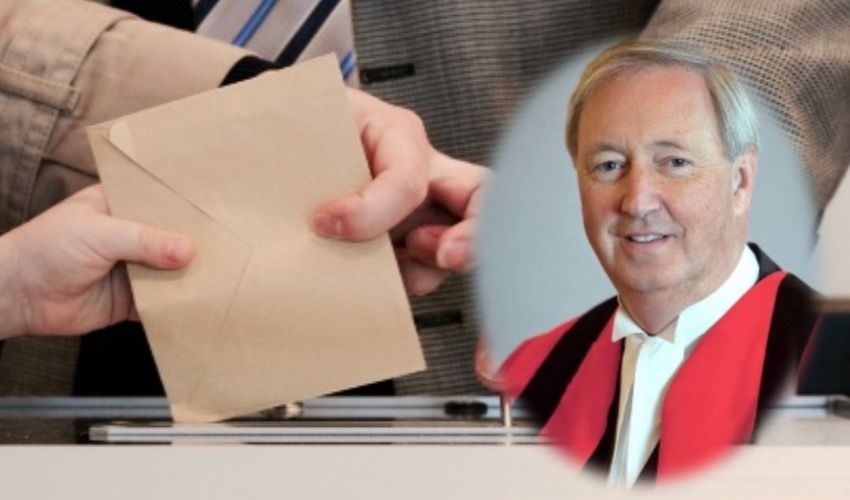
The Bailiff has called for the election date to be changed again after the move to May failed to get more islanders voting.
In his foreword to the 2018 States Assembly Annual Report, the Bailiff shared hopes that the current Spring general election date will be reconsidered.
His comments echoed those of Deputy Russell Labey, Chairman of Privileges and Procedures Committee (PPC) - a panel of politicians responsible for ensuring the smooth running of the States Assembly.
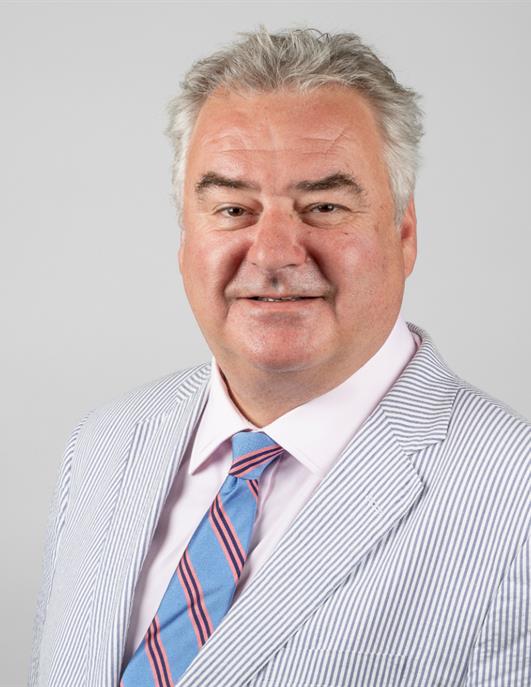
Pictured: Deputy Russell Labey questioned whether May is an appropriate month for the election.
“Is May an appropriate month in which to hold our election?” Deputy Labey queried in the annual report, adding that the degree to which the Assembly can continue to operate between nominations night and election day is a concern.
The Commonwealth Parliamentary Association Election Observers Mission also picked up on the issue after observing last year’s general election.
After acknowledging that Bailiffs are not generally expected to express a point a view, Sir William said: “Of course, we all have a point of view. Everyone knows that and there is no reason for that not to include Bailiffs as well.”
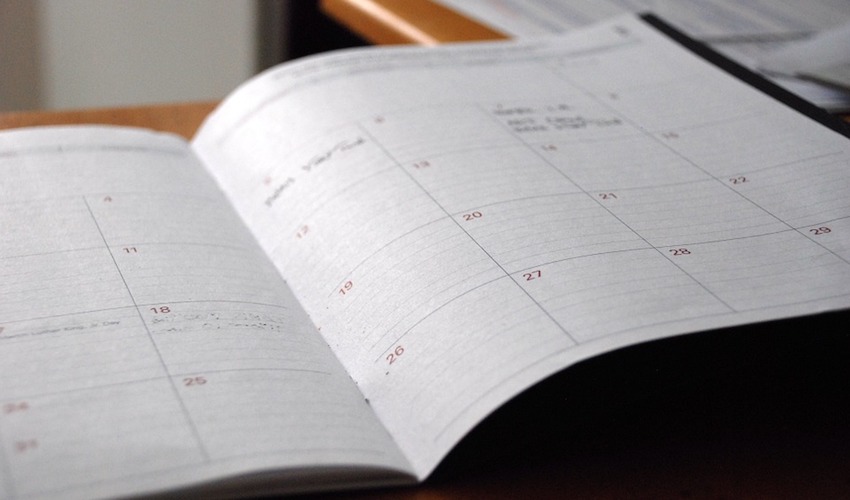
Pictured: The Bailiff said that "diary arrangements" leave the Assembly exposed to criticism.
Setting out his reasons for reconsidering the election date, the Bailiff cited first the turnout from last year’s election - 43.4% across the island – which he said was “not significantly better than previously [when the election date was in Autumn, ed.].”
He explained that the month of May was chosen because it was thought the electorate would be “more persuaded to turn out in the Spring than in the Autumn when elections had previously taken place”, but that the rationale for the change had not been “justified” in view of the results.
In addition, the Bailiff said that “diary arrangements” mean the Assembly is not as active as it normally is for up to four months after the election. Coupled with the annual “lengthy” summer break, the Bailiff says it leaves the Assembly exposed to the criticism that “Members are not working hard enough, however unfair that may be.”
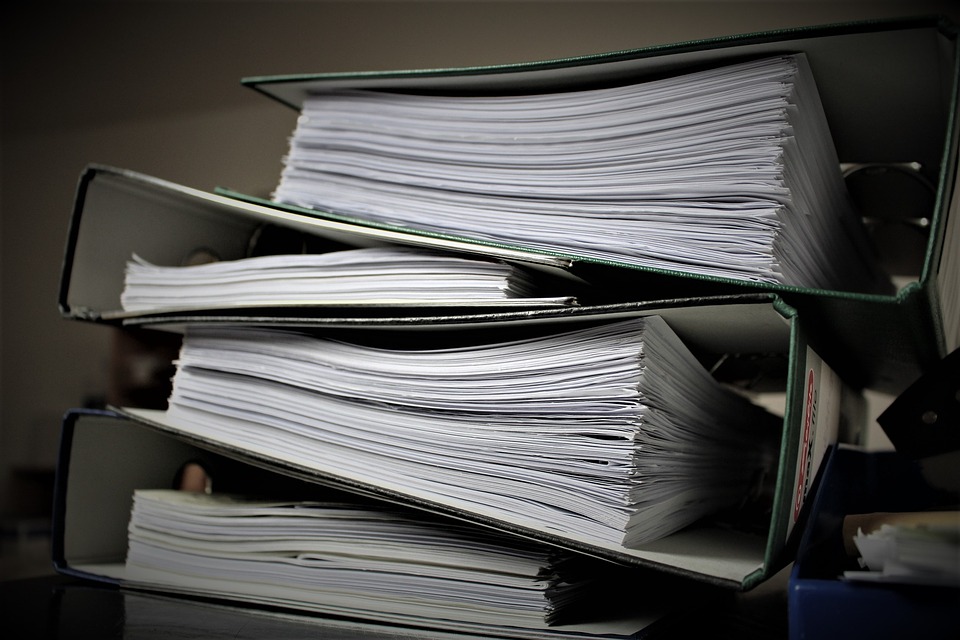
Pictured: With the elections happening just before the summer break, "very little is done" for up to four months after the elections, the Bailiff said.
The fact States Members are required to go into ‘purdah’ for six weeks ahead of the elections means “there is a real risk of a number of opportunities for States Meetings to be lost over and above what is necessary,” the Bailiff added.
Citing the example of last year’s election, Sir William explained that the States Assembly only sat four times, including the ceremonial Liberation Day sitting, between 1 March and 31 May 2018 due to Easter taking place just weeks before the election.
With the elections happening just before the summer break, the Bailiff also says that “very little is done by the Assembly over the four months after the general election.”
“That election occurred in 2018 on Wednesday 16th May and the States did not reconvene until Tuesday 11th September – again Members are exposed to the same criticism which is no fault of theirs, but is down to the diary arrangements,” he explained.
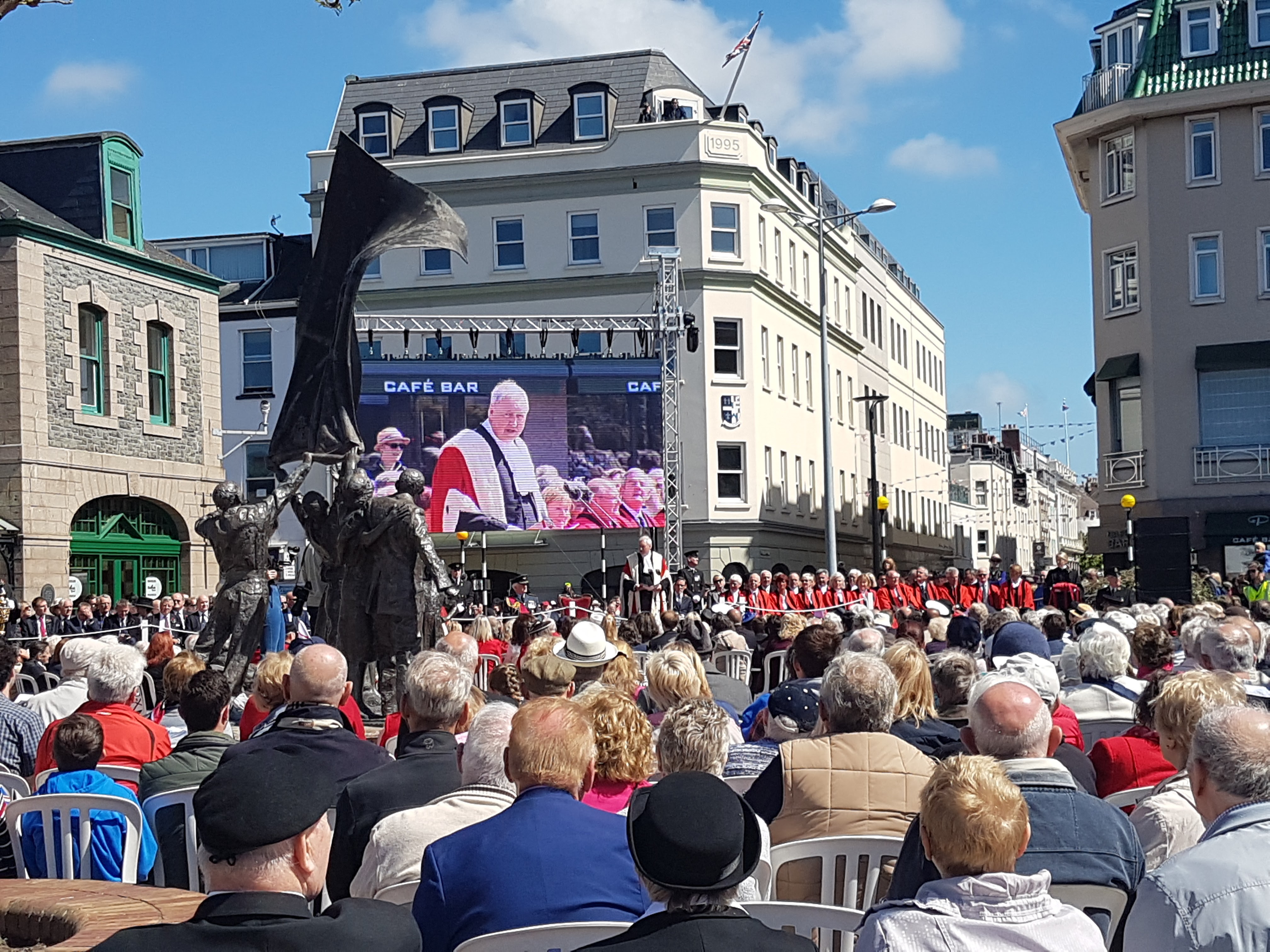
Pictured: Deputy Labey said he left uncomfortable "being on parade" as a sitting Member on Liberation Day.
Finally, the Bailiff - like Deputy Labey - pointed out that sitting Members who are standing for re-election have “a slightly uncomfortable day” on Liberation Day, which Sir William said is a time when “all States Members should be on parade to celebrate our national day.”
“I am sure I was not alone in feeling uncomfortable on Liberation Day being ‘on parade’ as a sitting Member, in the middle of fighting an election campaign,” Deputy Labey said.
Sir William said that care would be needed when considering another date for the election, adding that “there are objections to any date.”
Comments
Comments on this story express the views of the commentator only, not Bailiwick Publishing. We are unable to guarantee the accuracy of any of those comments.